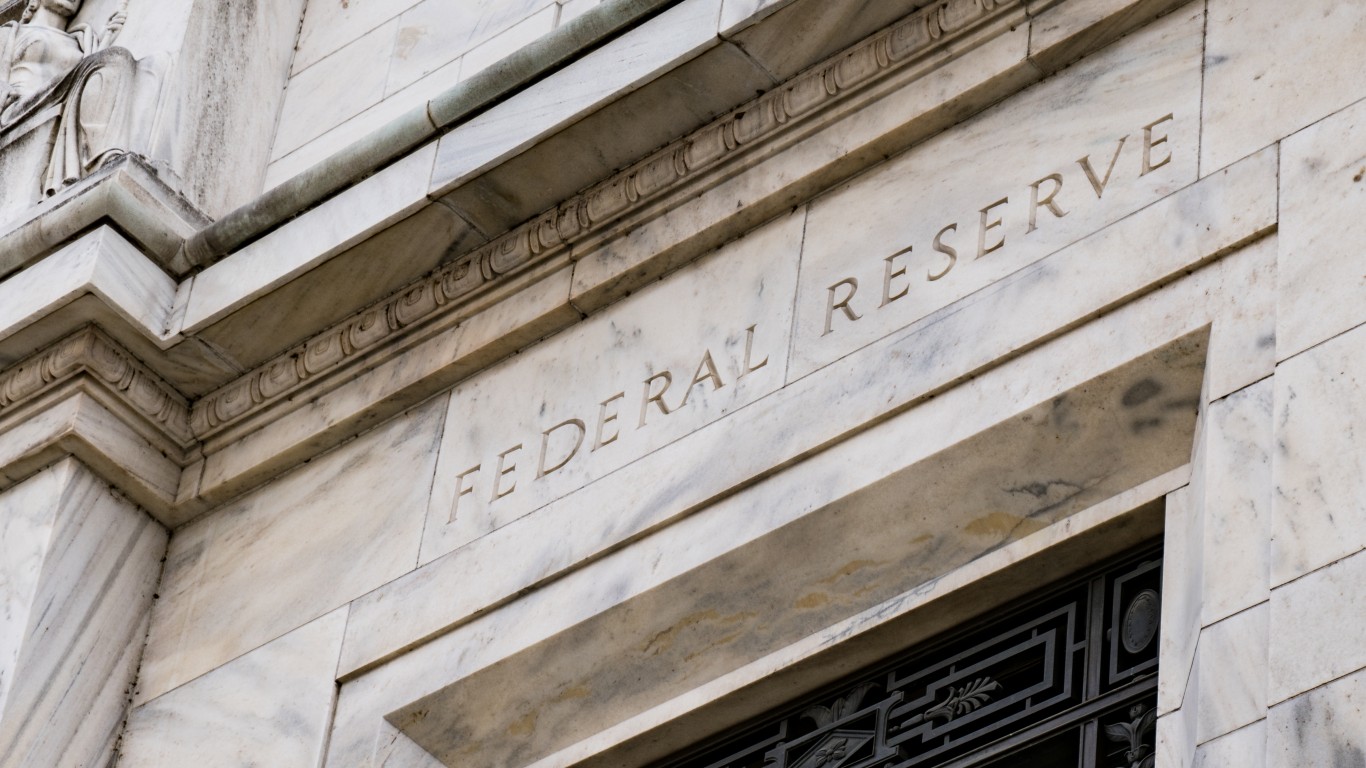
On Tuesday, January 3rd, the Federal Reserve, the Federal Deposit Insurance Corporation (FDIC), and the Office of the Comptroller of the Currency (OCC) issued a joint statement on “crypto-asset risks” addressed to the banking organizations. While the agencies highlight numerous risks associated with digital assets and the unrefined state of the current regulatory framework, banks “are neither prohibited nor discouraged” from engaging with cryptocurrencies “as permitted by law”.
US Federal Agencies Warn Banks of Crypto-Related Risks
The joint statement of the FED, the FDIC, and the OCC is intended to provide an overview of cryptoelated risks as highlighted by the tumultuous events within the sectors throughout 2022. In the document, the Agencies highlight several key dangers for banking institutions like the risk of fraud and misleading representations and significant volatility within the market.
The agencies also describe the dangers posed by contagion within the industry, as is currently evident in the aftermath of FTX’s collapse which already claimed the crypto lender BlockFi. The statement also mentioned the negative impact stablecoins might have on the overall banking sector.
It also highlights the currently present and widespread uncertainties when it comes to the regulation of digital assets and the deficiencies within the existing framework. However, the agencies also highlight that they are continuing “to build knowledge, expertise, and understanding of the risks crypto-assets may pose” and that they will “continue to engage and collaborate with other relevant authorities” whenever new risks emerge.
The FED, the FDIC, and the OCC however also point out that the statement is intended to discourage or prohibit banking institutions from providing their services to cryptoelated operations and individuals. Furthermore, they also state that they will issue additional statements “as warranted”.
The Risks Highlighted Throughout 2022
The volatility the Federal Agencies warned the banks of can be seen by just looking at the price of the world’s largest and oldest cryptocurrency. Bitcoin entered 2022 valued at $47,738.59 and was worth $16,605.10 ?on the first day of 2023. However, it is important to remember that while BTC was down more than 60% in 2022, many have noticed its overall volatility was lower than that of major tech stocks like Tesla.
Relatively early in the previous year, the cryptocurrency market had a nasty shock when LUNA fell by more than 50% in a single day in May after UST’s USD peg failed. The collapse had long-lasting effects forcing multiple firms like the Celsius Network into bankruptcy and leading to greater regulatory scrutiny of stablecoins overall. Perhaps the most dramatic move by the legislator was the proposal of a bill that would ban algorithmic stablecoins for a period of two years in the US.
Last year also closed with a major crypto calamity when the world’s second-largest digital asset exchange FTX went bankrupt. The collapse led to many revelations of what has been widely accepted as fraud by the general public and regulators alike, and led to the arrest of the company’s former CEO Sam Bankman-Fried who plead not guilty to all charges earlier today.
2022 also demonstrated that various agencies would approach the industry with a heavy, albeit somewhat confused hand. Both the SEC and the CFTC have been very active when it comes to filing complaints against digital asset firms with the latter claiming roughly 25% of its actions were cryptocurrencyelated. Still, there has been some rivalry within the agencies over jurisdiction, and Gary Gensler’s approach has been widely criticized. Furthermore, many experts now believe the SEC will lose its landmark case against Ripple Labs.
This article originally appeared on The Tokenist
Sponsored: Find a Qualified Financial Advisor
Finding a qualified financial advisor doesn’t have to be hard. SmartAsset’s free tool matches you with up to 3 fiduciary financial advisors in your area in 5 minutes. Each advisor has been vetted by SmartAsset and is held to a fiduciary standard to act in your best interests. If you’re ready to be matched with local advisors that can help you achieve your financial goals, get started now.






